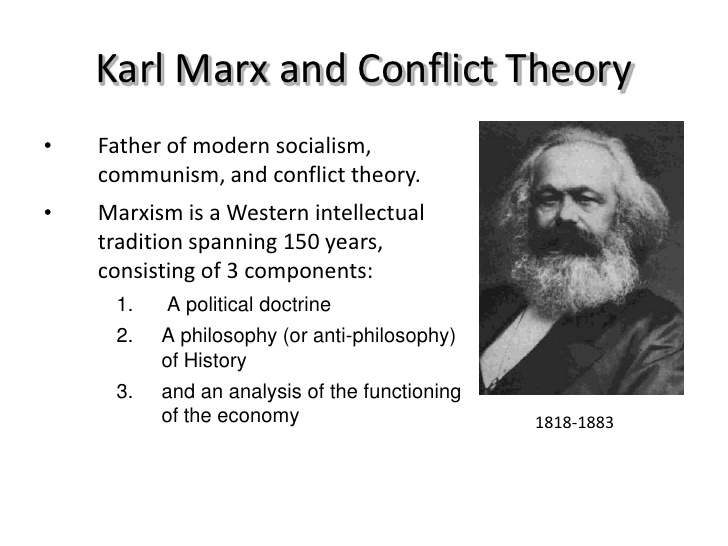Written by: Gacee Ezekiel
Karl Marx postulated four phases of political and economic progression, resulting finally in capitalism. Marx suggested that tribal culture in which the social order had its structuring about the household’s necessities advanced into class-systems and barter economies following the introduction of slavery. From there, the social order developed into a primitive communism form in which an amalgamation of tribes possessed the property. Estate and feudal property characterized a further progression of the tribal merger wherein a whole community could produce farm products for the landowners and preserve a small segment for themselves. Following the French and English revolutions, the economy’s functioning was exclusively about the currency exchange of services and goods, the capitalist economy (Rumford 97).
Part of the shortcoming is the foundation of socialist justice, at least in portion, on the theory, which has demonstrated historical inaccuracy. The basis of the method during the 19th century was in the European reality that made Marx perceive no optimism whatsoever on improvement. According to Marx, capitalism could not self-regulate, the development of life quality of the workers, or initiatives of pro-labor; this has confirmed entirely incorrect. Increases in the cost of living, social security, minimum wage, labor oversight and regulation, Medicare, safety protocols, Medicaid, and the additional related progressions that demonstrated that capitalism could integrate or adopt socialist components; this questions the fundamental necessity of Marx’s theory reordering the social order (Rumford 136).
Marx’s approach is not chiefly anthropological, as it has no interest in ethnography and culture. However, Marx completed numerous case studies concerned with the accomplishments and failures of precise civilizations and social groupings in fashioning his philosophy. The inability to tackle culture as a distinct and fundamental order of meaning s and signs often has limited Marxism in society. The Marxist critics believe that people of the Marxist notion have always constructed their work on unacknowledged Marxist hypotheses concerning the significance of class and inequality in the social lives.
They accomplish this without appropriates considerations of confrontations of the Marxist theory’s strengths or weaknesses in society. A chief criticism of this theory is that Marxism lacks a particular unified objective or technique because most Marxists often argue more among themselves instead of arguing with other theorists in social life (Reinert et al. 201).
Many notions of Marxism receive criticism immensely concerning its definition of ideology, which puts it forth as a plot generated by the ruling elite to perplex and bewilder the lower class people. Moreover, the spread of the doctrine is also unclear. The Marxist notion also encounters another challenge concerning the assessment of societies, which lack the categorization of classes. For instance, questions such as why and how the primitive communism altered without conflict of types are highly unclear.
In numerous societies, religion and ethnicity, as well as kinship, tend to provide stronger linkages than the class notion. Therefore, the critiques of Marxism tend to make sense when they are analyzed independently; this is because it is tough for a cultural aspect to operate on its own, hence depicting that the elements of religion, kinship, and ethnicity are factors of class within a culture (Bickerton 183).
There are other terms in the Marxism notion, which many heavily criticize. These terms involve the labor theory value, which claims that the amount of work id the cost of the labor and materials involved. However, this is a definition that assumes voluntary cooperation of the laborers and ignores the management responsibilities and expenses. Currently, Marxism receives criticism for overemphasizing on the reach of capitalism. It is an open debate on whether capitalism contains or lacks a truly pervasive influence on society (Wiener and Thomas 112).
Works Cited
Bickerton, Christopher J. European Integration: From Nation-States to Member States. San Diego, Calif: Harcourt, 2012. Print.
Reinert, Kenneth A, Ramkishen S. Rajan, Amy J. Glass, and Lewis S. Davis. The Princeton Encyclopedia of the World Economy. Princeton: Princeton University Press, 2009. Print.
Rumford, Chris. The European Union: A Political Sociology. Chichester: John Wiley & Sons, 2007. Internet resource.
Rumford, Chris. The Sage Handbook of European Studies. Los Angeles, [CA: SAGE, 2010. Internet resource.
Wiener, Antje, and Thomas Diez. European Integration Theory. Oxford: Oxford University Press, 2012. Print.

